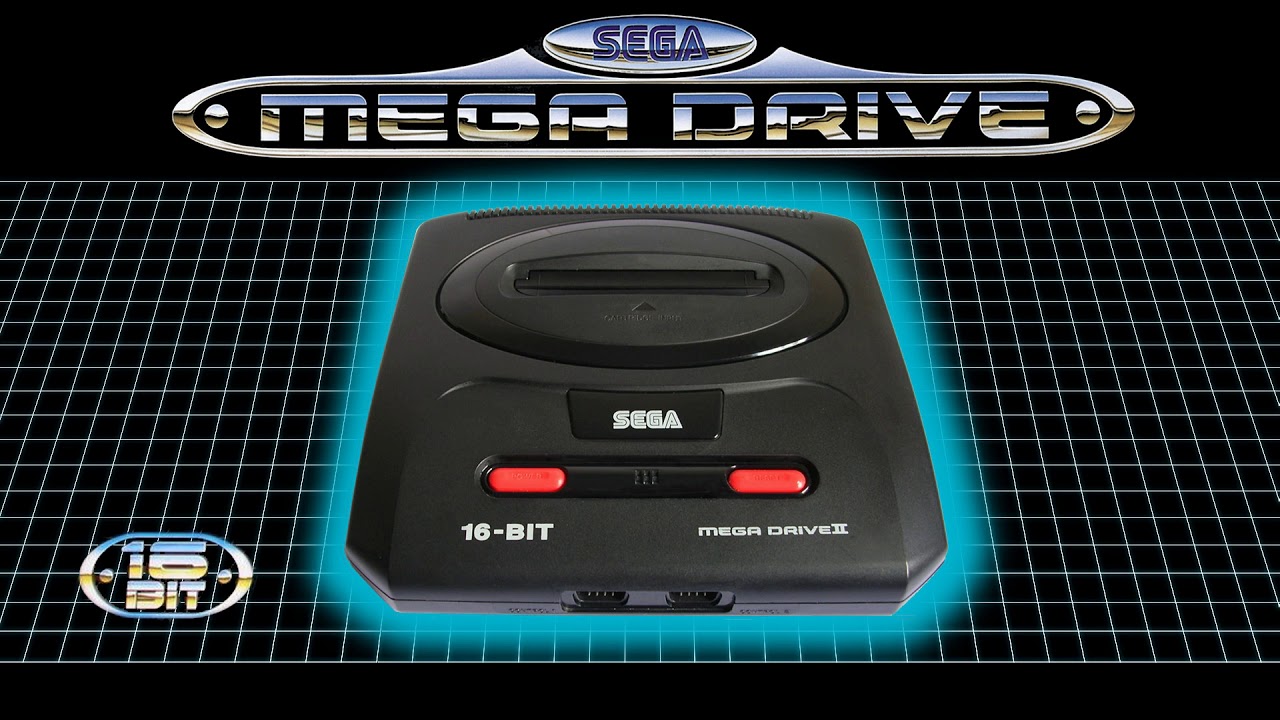Glad that I missed the ACAB discussion, and I’m not really back here to touch on the racism angle, other people are still talking about it.
What I do want to contest is that this isn’t a story about social media; it’s entirely a story about social media, and I think there are a couple of things that point to it - first of all, the Dot and Bubble system itself. Apart from navigation, the only thing we really see it do is provide a social feed, and not just that, a social feed from THE SECOND you wake up. Now, in real life, I know for a fact that when I wake up and the first thing I do is check Reddit, or whatever, I will feel terrible for the rest of the day. My brain will instantly begin dopamining to look for the same sort of kick it gets from reading outrage-bait headlines and stupid comments. I won’t be able to comfortably engage with anything that requires ten to fifteen minutes of concentration, because the things that provide you your dopamine early in the morning are inevitably what your brain will seek throughout the rest of the day. (It’s why I do my best to listen to music first thing in the morning before I look at my phone [and wouldn’t you know it, the only Finetimer who engages with music in any meaningful way, even if it is functionally a TikTok, is Ricky, who actually takes his bubble off and reads.]). This is the effect social media is having on brains - did you know that TikTok and YouTube shorts scroll up because upward eye movement is connected to dopamine spikes in the brain? They’re designed to keep you addicted. So the obvious end point is social media that wakes you up, and gives you ABSOLUTELY no choice but to be connected to your network. It sounds and looks awful, but it’s not much of a leap from what we do now.
It’s literally a wall of screens that provide you no context or further information on the people you’re viewing. It IS Twitter, very overtly. Which leads me into, sort of, my next point.
The Dot growing to hate its users. Don’t you think if Twitter somehow became sentient it wouldn’t immediately [EXPLETIVE REDACTED] hate us? It makes perfect sense, but follow me down this path for why the moment in the basement where Lindy betrays Ricky just firms up that yes, this is a story about social media and how it will destroy us. Because Ricky September is Lindy’s idol. He’s her hero, despite the death she has seen, meeting him makes this “the best day of her life” (and boy, doesn’t that feel like us too?). Except, as the episode continues, Lindy learns that Ricky isn’t really the same as her. He removes his Bubble, he reads. She seems relatively OK with it, considering it transgressive but possibly attractive? Except until the time comes where it’s her life, or Ricky’s. Ricky is no longer useful to her, but also far more importantly, he is no longer the Perfect Image of Ricky that the Dot has provided her. The most important thing about this scene though, and why it makes the social media commentary so valid, is how she kills him.
She doxxes him.
She knows everything about him, including his real given name. And now, when social media (The Dot) wants her dead for, as we will come to understand, the extremely bigoted vapid views that she and her society all hold, to protect herself, she tells it that Ricky’s real name is Coombes, that he isn’t who he says he is, the implication that he might not even belong with them at all. She reveals this intensely private thing (there’s also the deadnaming comparison to draw but that isn’t in my wheelhouse, although more to come shortly) and immediately, the Internet Hate Machine turns on Ricky and kills him. I think the point of this episode is that yes, social media is bad, but it’s only really bad when humans get hold of it. I’m still kind of working on this analysis, but there’s something there.
I think the even darker analysis to take though is that this is Russell absolutely firing against the queer community. All the Finetimers are white, but you can also argue that in styling, conversation, etc, a lot of the Finetimers are very Gen-Z queer coded. I think there’s a lot of this episode that is Russell, a gay man in his 40s/50s, actually doing something to fire back at tenderqueer culture and the homogeneity of gay identities. Like, this is a super happy shiny society of the future, where from what it seems, consent is an extremely important thing, generally the language is a lot of non-specific internet positivity, etc, etc. I think there’s definitely something to be said about pinkwashing here, tied in with the fact that 15 has NEVER been more queer-coded than in this episode, but as a Black queer man, he is still rejected by the white monolith of the Finetimers.
